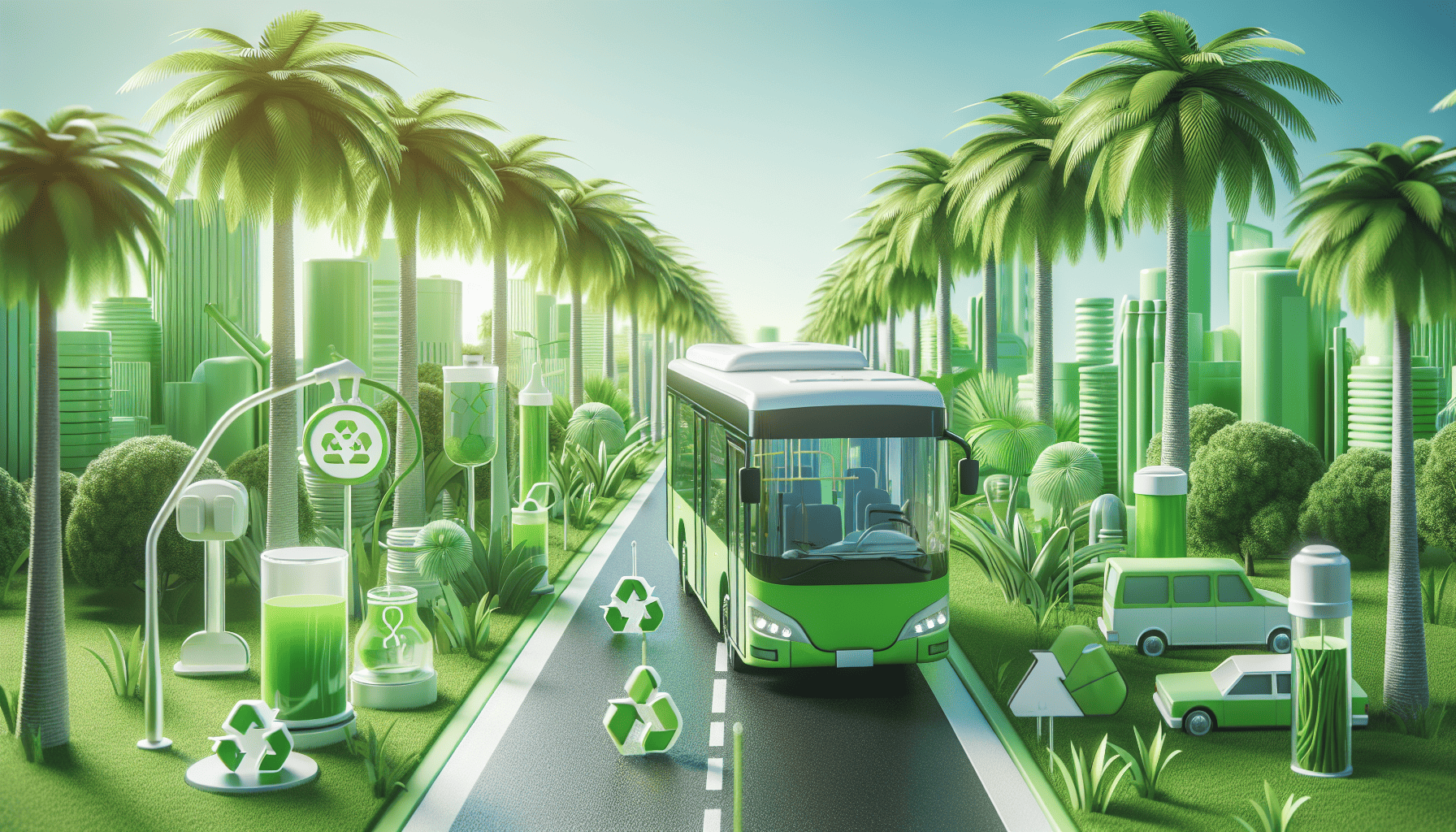The United Arab Emirates (UAE) has emerged as a regional leader in sustainable development, and one area where this is particularly evident is in its transport sector. As the nation seeks to reduce its carbon footprint and embrace a more sustainable future, several eco-friendly projects and government initiatives have been introduced to transform the transportation landscape.
One of the most significant initiatives is the development of the Abu Dhabi Metro. This ambitious project aims to create a high-capacity rail network that will reduce reliance on private vehicles, thus cutting down traffic congestion and emissions. The metro will be integrated with other modes of public transport, encouraging more residents and visitors to opt for public transport over personal cars.
Similarly, Dubai has made headlines with its own metro system, which has become a model for sustainable urban transport in the region. The Dubai Metro's seamless integration with the city's tram and bus networks has made public transportation more accessible and convenient. Furthermore, Dubai is investing heavily in electric and autonomous vehicles, with strategies in place to have 25% of its transport be autonomous by 2030, driven by clean energy sources.
The introduction of electric buses is another key component of the UAE's sustainable transport agenda. Abu Dhabi's Department of Transport has implemented a plan to integrate electric buses into the city's public transport system. These buses run on zero-emission technologies, reducing air pollution and promoting a healthier urban environment.
In addition to electric public transport options, the UAE is making significant strides in encouraging the use of electric cars. The government has introduced incentives such as free charging stations and parking to promote electric vehicle adoption. The Dubai Electricity and Water Authority (DEWA) has installed hundreds of charging stations across the emirate, making it easier for residents to transition to electric vehicles.
Part of the UAE's strategy also includes the enhancement of cycling infrastructure. In cities like Dubai and Abu Dhabi, dedicated cycle paths and rental services have been established, providing a clean and healthy alternative for short-distance travel. This not only supports sustainability goals but also promotes a healthier lifestyle among residents.
The UAE's commitment to sustainable transport is supported by various regulatory frameworks and strategic plans. The UAE Vision 2021 and the Abu Dhabi Economic Vision 2030 both emphasize sustainability and environmental protection as core tenets for national development. These visions are operationalized through initiatives such as the UAE Energy Strategy 2050, which aims to increase the contribution of clean energy in the national energy mix and reduce the carbon footprint of transport.
Furthermore, the Emirates Authority for Standardization and Metrology (ESMA) has developed standards to ensure that all vehicles meet emissions and efficiency requirements, pushing manufacturers and consumers towards greener options.
In conclusion, the UAE's sustainable transport initiatives are a testament to its dedication to reducing environmental impact while ensuring economic growth. Through strategic investments in public transport infrastructure, the promotion of electric vehicles, and regulatory measures, the UAE is setting a precedent for other nations in the region. These efforts not only contribute to a healthier and more sustainable environment but also pave the way for a future where clean and efficient transport systems are the norm.
